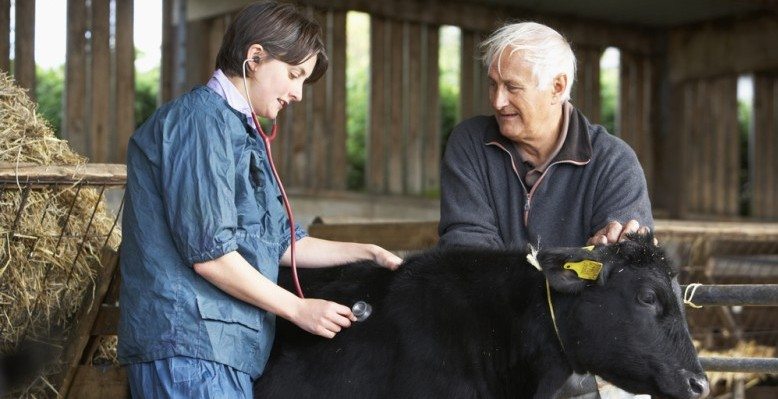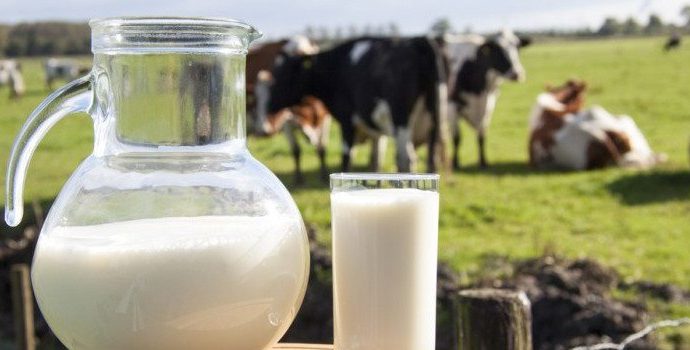IFA Seeks Meeting with Minister to Address Tb Measures That Penalise Farmers

IFA Animal Health Project Team Chairman John Waters said IFA has looked for an urgent meeting with the Minister for Agriculture Simon Coveney to address the unnecessary, costly and trade-prohibitive measures on farmers implemented to the TB eradication programme this year.
Mr. Waters said despite the continued strong objections to the proposals from IFA, the Minister allowed his officials implement these changes to the control programme that unfairly penalise farmers, interferes with their right to trade and are impractical and unworkable.
“The changes implemented this year involve a significant increase in the level of trade restrictions the Department of Agriculture will apply automatically to holdings, which carry with them the threat of cross reporting and potential prosecutions. This approach by the Department of Agriculture is draconian and unacceptable to farmers who have all invested heavily and endured a lot of hardship in achieving the current reductions in TB incidence and must be immediately revisited by the Minister and his officials.”
The IFA chairman said, “Any changes to the eradication programme must reflect the investments made by farmers to date by being amended to reduce the burden and facilitate the changes in farm practise and scale that have taken place.”
The IFA Chairman outlined some of the areas that must be revisited by the Department in order to reduce the cost and burden on farmers; these include how herds are categorised as high risk, the identification of contiguous herds, the procedure around factory lesions and subsequent trade restrictions and B+B movements to and from restricted holdings.
Mr Waters also pointed to the unfair application of the 10-month rule in establishing who is liable to pay for TB tests. “With the welcome move by the Department to anniversary date testing, this issue must be revisited and applied in an equitable manner by extending the period to 12 months, which would mean no farmer should have to pay for TB testing at intervals of less than 12 months.”
A major contributor to the reduced incidence of TB has been the effective implementation of the Wildlife Control Programme. This must be continued and in some areas its implementation must be improved he said.
Concluding John Waters said the Department of Agriculture have compiled a lot of information over the years in relation to TB and the risk factors associated. “This must be utilised to significantly reduce the burden of controls on farmers and not only as a tool to justify applying further restrictions.”




